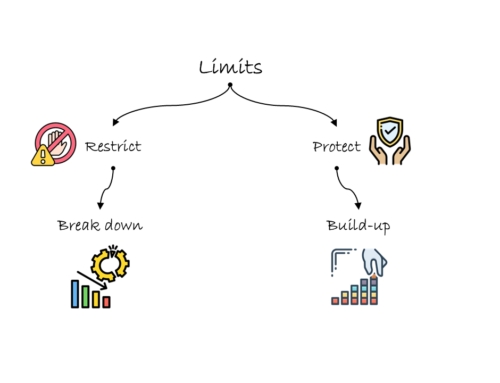“Why do the scriptures have rules against doing so many enjoyable things?” Such thoughts may come to us when we see people engaging in materialistic pleasures unrestrictedly.
Gita wisdom responds that scriptural rules are intended not for deprivation but for elevation; they are not handcuffs, but lifelines. Let’s understand how.
We are all souls who can never be satisfied by material pleasures. All the pleasures available at the material level of life are temporary because the body’s capacity to enjoy is temporary. Though our experiences of material enjoyment demonstrate this truth to us, the culture glamorizes these pleasures so much that we infer that our dissatisfaction is because we haven’t found the right way to enjoy. In our frantic bid to discover the right way, we perceive scriptural rules against immoral and anti-devotional indulgences as restrictive. We feel that if we could just neglect or reject these rules, then we would be able to truly enjoy life. That’s why the rules seem like handcuffs.
True happiness, however, can be found only at the spiritual level in relationship with Krishna, for there alone life and love are eternal. The purpose of the various scriptural rules is to prevent our consciousness from getting entangled at the material level and to help raise it to the spiritual level. The Bhagavad-gita (02.64) indicates that by regulating our life according to scripture, we attain mercy and purity. Thus, the scriptural rules are like a lifeline that enables us to come out of materialistic consciousness with its inevitable frustration and destruction, and attain spiritual consciousness with its innate fulfillment and eternality.
By reminding ourselves of the ultimate purpose of life, we can amend our perception of scriptural rules, follow them wholeheartedly and thereby progress swiftly towards the happiness that we have always longed for.
Bhagavad Gita Chapter 02 Text 64
“But a person free from all attachment and aversion and able to control his senses through regulative principles of freedom can obtain the complete mercy of the Lord.”


Leave A Comment